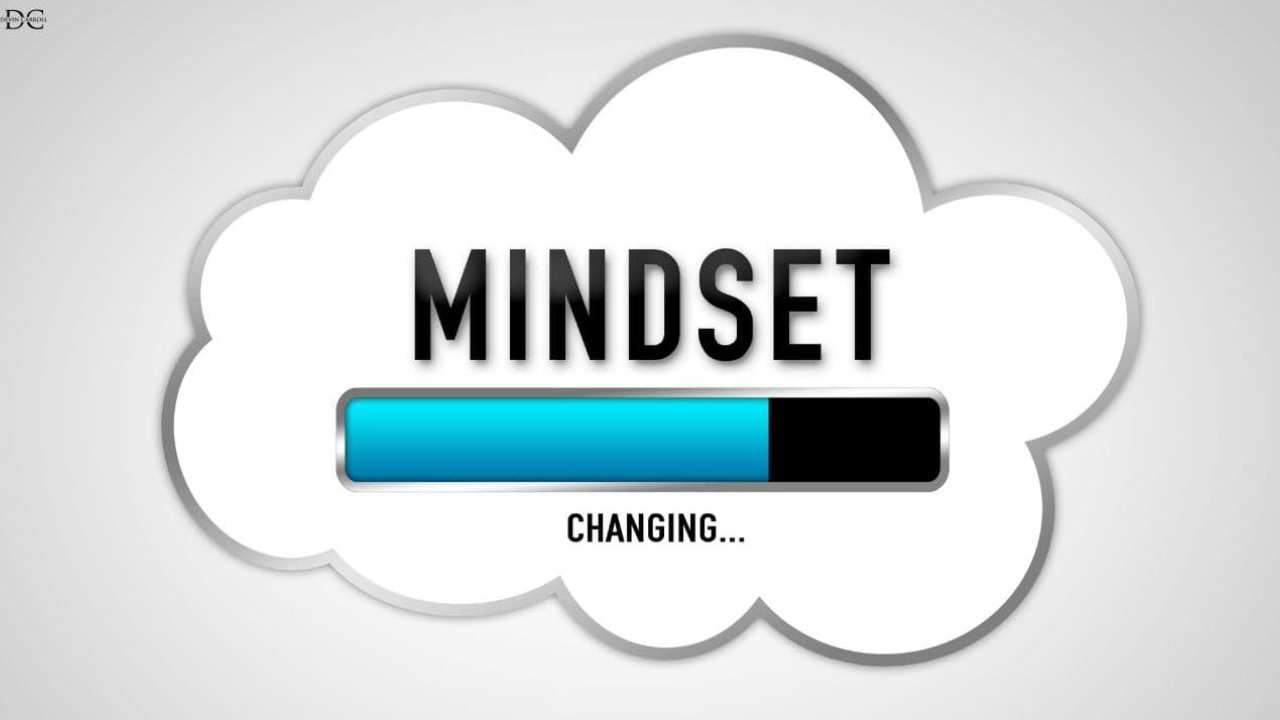How These 4 Mindsets Can Make or Break Your Retirement
Jan 16, 2025
After more than 20 years of working with retirees, I’ve observed that individuals tend to fall into one of four distinct mindset categories as they approach retirement. These attitudes, whether grounded in optimism, fear, or indifference, can profoundly shape their experience and either contribute to their ability to thrive or create unnecessary challenges in navigating life once the paycheck stops. Understanding these mindsets isn’t just an exercise in self-awareness—it’s a powerful tool for planning a clear and confident retirement.
The Pollyanna
“It’s going to be fine.”
Pollyannas take a carefree approach to retirement. They avoid planning or worrying and simply assume that everything will work out. Their ambivalence and relaxed approach mean they often overlook key risks, such as running out of money or facing unexpected healthcare costs. Remarkably, some Pollyannas do manage to navigate retirement without major financial setbacks, but their success often depends on sheer luck or external factors they’ve never accounted for.
While their optimism is admirable, Pollyannas play a dangerous game. Retirement is full of uncertainties, and without a plan, they are vulnerable to disasters that could quickly unravel their lives.
The Delegator
“I don’t know this stuff, and don’t want to learn it, so I’m going to hire someone to do it for me.”
Delegators often entrust their retirement planning entirely to others, preferring this approach due to a lack of time, interest, or expertise in financial matters. While outsourcing financial management can be a smart strategy, its success depends on finding and engaging the right professionals. A common pitfall for Delegators is their tendency to place blind trust in advisors; this often leaves them more vulnerable to predatory practices. Some "advisors" may prioritize their own financial gain over the client’s best interests, promoting high-commission products that benefit the advisor more than the client.
The Controller
“I know everything. There’s no need to hire anyone when they probably know less than I do.”
Controllers struggle with relinquishing control over their retirement planning, often insisting on managing every detail themselves. They believe they can handle every aspect of their retirement planning on their own, often because they’ve had negative experiences with financial professionals in the past or lack confidence in others. Controllers tend to fixate on trying to control everything—even the things that are beyond their influence—while neglecting to focus on the aspects they can manage effectively.
This mindset can lead to missed opportunities. Without collaboration or input from external sources, Controllers will likely overlook critical details or fail to adapt their strategies as conditions change.
The Realist
“I know a lot, but I realize I don’t know what I don’t know.”
Realists approach retirement with a well-informed and pragmatic mindset. They’ve done their homework, understand the basics, and recognize their blind spots. This drives them to seek expert advice in areas like taxes, estate planning, and investment management. Realists are discerning; they evaluate advice carefully and act on what lines up with their overall strategy.
This mindset often leads to the most successful retirements. By combining their knowledge with guidance from professionals, Realists create more robust plans that anticipate risks and evolve as life changes. Most of my clients are Realists. They balance their knowledge with the insight and expertise of others, recognizing that retirement planning is complex and involves many moving parts. Rather than assuming they know everything or outsourcing blindly, they stay engaged, ask the right questions, and remain open to professional advice.
This collaborative mindset helps them build a retirement plan that’s both thorough and adaptable, ensuring they’re prepared for the unexpected.
Mindsets Can Change and Impact Outcomes
If you've recognized a mindset you’re prone to and it’s not one that leads to success, take heart—change is possible. From personal experience, I know that your mindset can evolve over time. Just because you approach planning in a certain way now doesn’t mean you’ll always stay that way. People’s approach to planning often changes with life stages or experiences.
For example, I once had a "Pollyanna" attitude when it came to taxes. I didn’t pay quarterly estimates or worry about planning ahead. I simply relied on TurboTax to file by April. That approach worked—until it didn’t. I received a massive tax bill that I couldn’t afford to pay.
I still remember sitting at the kitchen table with my wife, applying for credit cards just to cover that bill. That experience shifted me to the "Delegator" mindset. I decided to hire someone to handle my taxes, but while that worked for a few years, I eventually realized the person I hired may have known just as much as I did.
For a brief period, I found myself gravitating toward the "Controller" mindset. After hiring a tax firm to help navigate the complexities of my multiple real estate investments and business entities, their mishandling of the situation left me frustrated and disillusioned. With this experience, I thought I could manage everything on my own and avoid similar mistakes by taking complete control.
However, it didn’t take long to realize the limits of that approach. Managing everything myself was not only inefficient but also unsustainable. Recognizing the value of expert guidance and the importance of prioritizing my time, I transitioned to the "Realist" mindset. I learned enough to understand my boundaries and sought out skilled professionals to complement my efforts and bridge the gaps in my expertise.
Recognizing your mindset is the first step toward improving your retirement approach. Whether you’re a Pollyanna, a Delegator, a Controller, or a Realist, understanding your strengths and weaknesses can help you make better decisions and achieve a more secure and fulfilling retirement.

